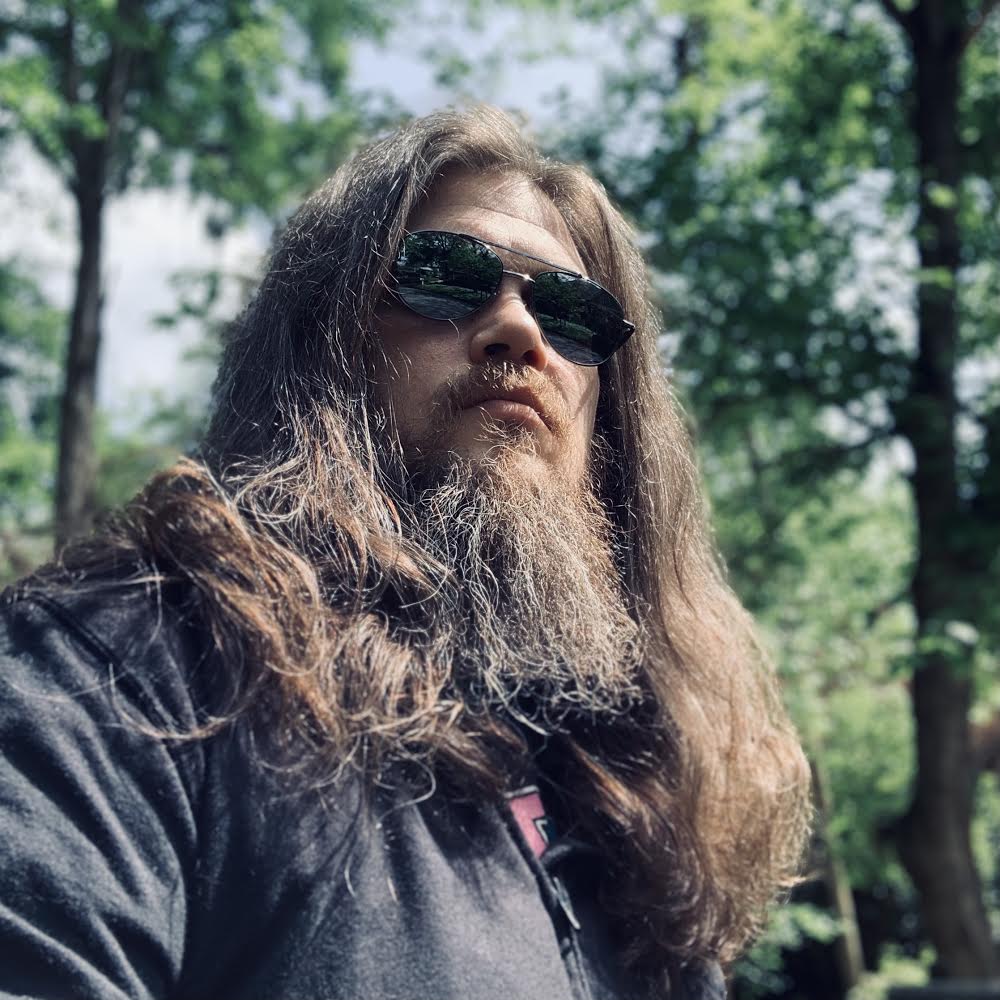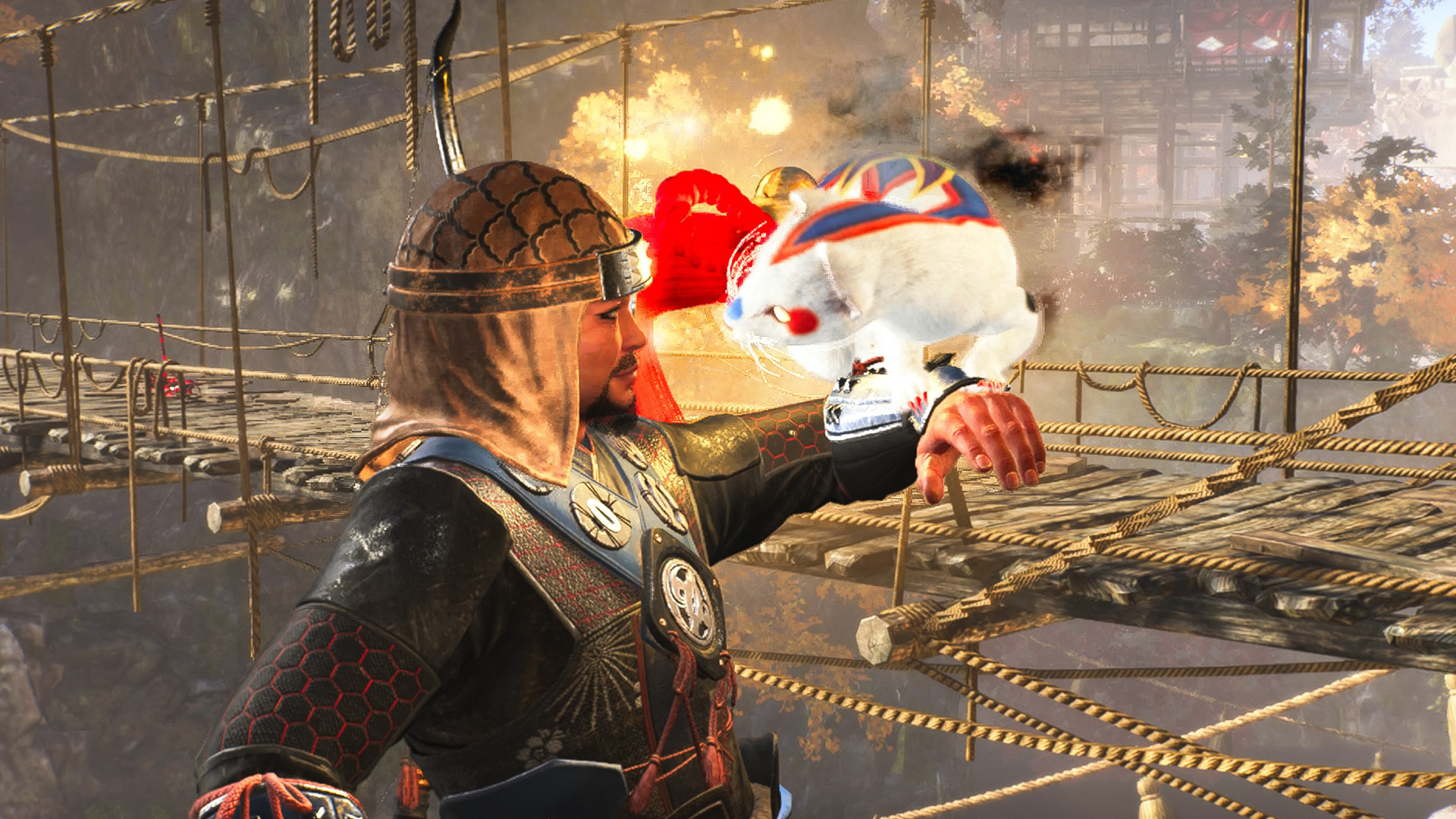The Fantastic Four changed superhero comics forever, and could do the same for the MCU
Opinion | How the Fantastic Four revolutionized comic storytelling, and how they might usher in a new era of the MCU
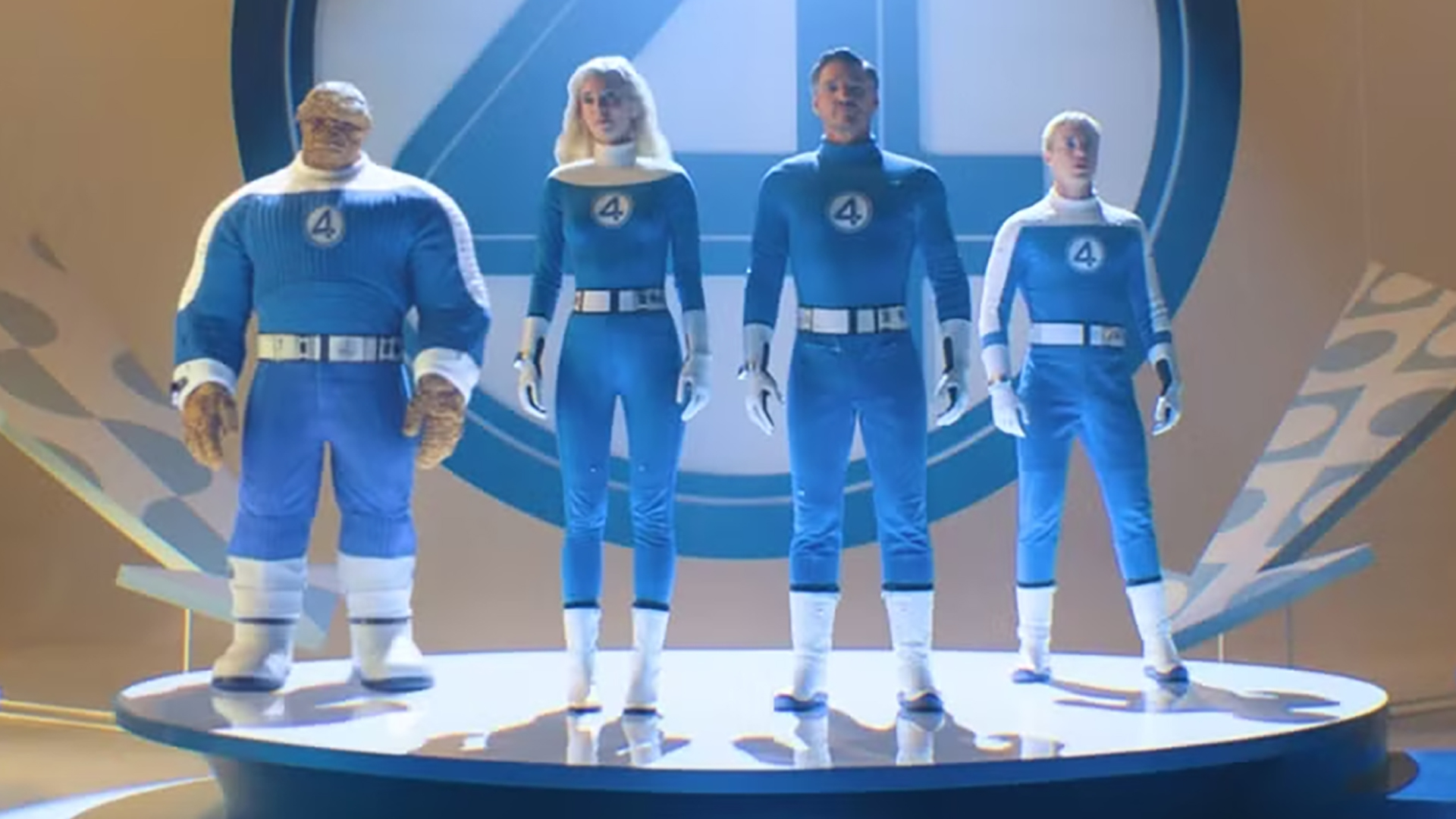
Weekly digests, tales from the communities you love, and more
You are now subscribed
Your newsletter sign-up was successful
Want to add more newsletters?

Every Friday
GamesRadar+
Your weekly update on everything you could ever want to know about the games you already love, games we know you're going to love in the near future, and tales from the communities that surround them.

Every Thursday
GTA 6 O'clock
Our special GTA 6 newsletter, with breaking news, insider info, and rumor analysis from the award-winning GTA 6 O'clock experts.

Every Friday
Knowledge
From the creators of Edge: A weekly videogame industry newsletter with analysis from expert writers, guidance from professionals, and insight into what's on the horizon.

Every Thursday
The Setup
Hardware nerds unite, sign up to our free tech newsletter for a weekly digest of the hottest new tech, the latest gadgets on the test bench, and much more.

Every Wednesday
Switch 2 Spotlight
Sign up to our new Switch 2 newsletter, where we bring you the latest talking points on Nintendo's new console each week, bring you up to date on the news, and recommend what games to play.

Every Saturday
The Watchlist
Subscribe for a weekly digest of the movie and TV news that matters, direct to your inbox. From first-look trailers, interviews, reviews and explainers, we've got you covered.

Once a month
SFX
Get sneak previews, exclusive competitions and details of special events each month!
The Fantastic Four: First Steps is just weeks away from hitting theaters, and with an immense amount of pressure on the film not just to deliver a credible take on the FF, who are already zero-and-three at the box office, but to refocus and redefine the flagging MCU, the stakes almost couldn't be higher. But if there are any comic superheroes up to the task, the Fantastic Four are it - after all, the original FF comic completely redefined the American comic industry when it launched back in 1961.
That's an old refrain, so much so that Fantastic Four's historical reputation essentially rests on those laurels. But what does that actually mean? How did Fantastic Four redefine comics? And what impact has the legacy of the "World's Greatest Comic Magazine" (Fantastic Four's traditional tagline) had on the MCU? And maybe most importantly, what could it mean for what's to come?
The World's Greatest Comic Magazine
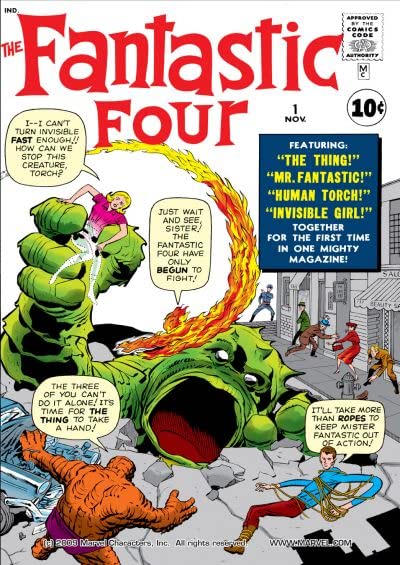
Let's begin at the beginning. Back in 1961, the American comic industry was remarkably different, both in terms of how and where comics were purchased (mostly off news stands and magazine racks rather than bookstores and specialty shops), and the content of the stories. Through the '50s, superhero comics had drastically waned in popularity, with only a few ultra-popular characters, such as Superman and Batman, surviving from the early superhero heyday of the '40s Golden Age.
Rather than being character-focused ongoing narratives crafted by well-known creators, pre-Fantastic Four superhero stories centered more on gimmicky plots, punchlines, and a resetting status quo that nearly always returned to its classic form by the end of a given issue. Characters were written less as individuals with complex emotional backstories, and more as plot devices who acted and spoke with a baseline heroic personality that was as malleable as the story being told.
When Fantastic Four #1 debuted in 1961, superheroes were only just returning to popularity thanks to the success of DC's Justice League, a team of heroes assembled from multiple comic titles. Marvel, having just changed its name from Atlas Comics, decided to get in on the action, with the publisher's editor-in-chief, Stan Lee, enlisting one of the company's top artists, Jack Kirby, to create a comic that would reflect an evolving sensibility of modern storytelling (exact details of who created what and when are murky, with both Lee and Kirby taking credit for the initial idea).
Developing a team of four heroes - the stretching Mister Fantastic, the disappearing Invisible Girl, the combustible Human Torch, and of course, the monstrous Thing - Lee and Kirby took the connection between the teammates a step further, establishing them not just as a hero group, but a family, with all the follies and foibles of real world familial relationships. They joked, bickered, loved, and lived with each other, offering an insight into the core of each character that set them apart from the stoic, moralistic nature of their superhero peers at DC.
The birth of the Marvel Universe
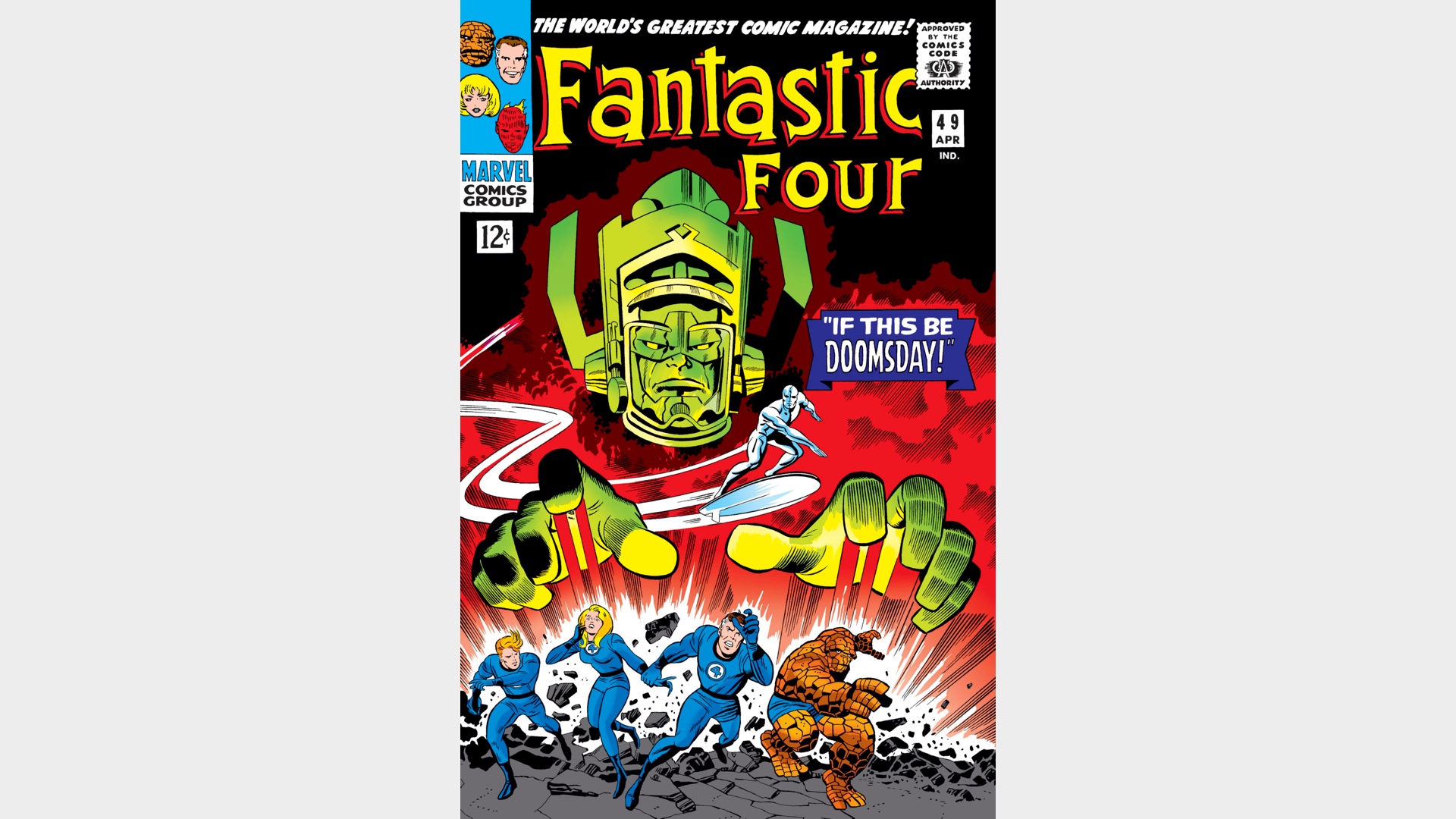
The impact was immediate; right away, fans latched onto the concept of superheroes as people - a remarkably new idea in Silver Age comic books - falling in love with the comic's rambunctious, family driven, sci-fi style. And though questions linger about who did what and how much credit is due to each of them, it's undeniable that the work of both Stan Lee and Jack Kirby became formative for the comic industry in a way that still rings true.
Bringing all the latest movie news, features, and reviews to your inbox
For Lee's part, whatever credit he may or may not deserve in terms of the creation of the Fantastic Four, it's undeniable that his own force of personality drove him to make not just the characters in the comics, but the people who created them into superstars. Prior to Fantastic Four, credit for comics was an afterthought, with even Fantastic Four #1 failing to name its inker on its credits page. Lee became a shouting advocate of naming his collaborators (and frankly, especially himself), which has become the standard for comics, opening the door to the creator-driven comic industry of today where a writer or artist's name can often sell a comic more effectively than the hero on the cover.
When it comes to Kirby, there's a reason he's called the 'King of Comics'. Kirby's bombastic, larger than life style prized the impression of a character and their actions over a strictly realistic interpretation of his subject matter. Along with his natural gift for visual storytelling that allowed him to stretch space and time at a whim throughout his panels, this gave Kirby's original Fantastic Four run a unique, whimsical, and singular artistic vision that still inspires countless artists to pioneer their own personal instantly recognizable styles, expanding the entire industry.
And above all, Fantastic Four pioneered the concept of an ongoing, evolving story that expanded far beyond the comic's pages to create an entire Marvel Universe, bringing together hundreds of characters as the FF visited numerous exotic and fanciful new realities from hidden alien cities, to alternate dimensions of pure chaos, to a world smaller than even an atom.
The first steps toward a new MCU
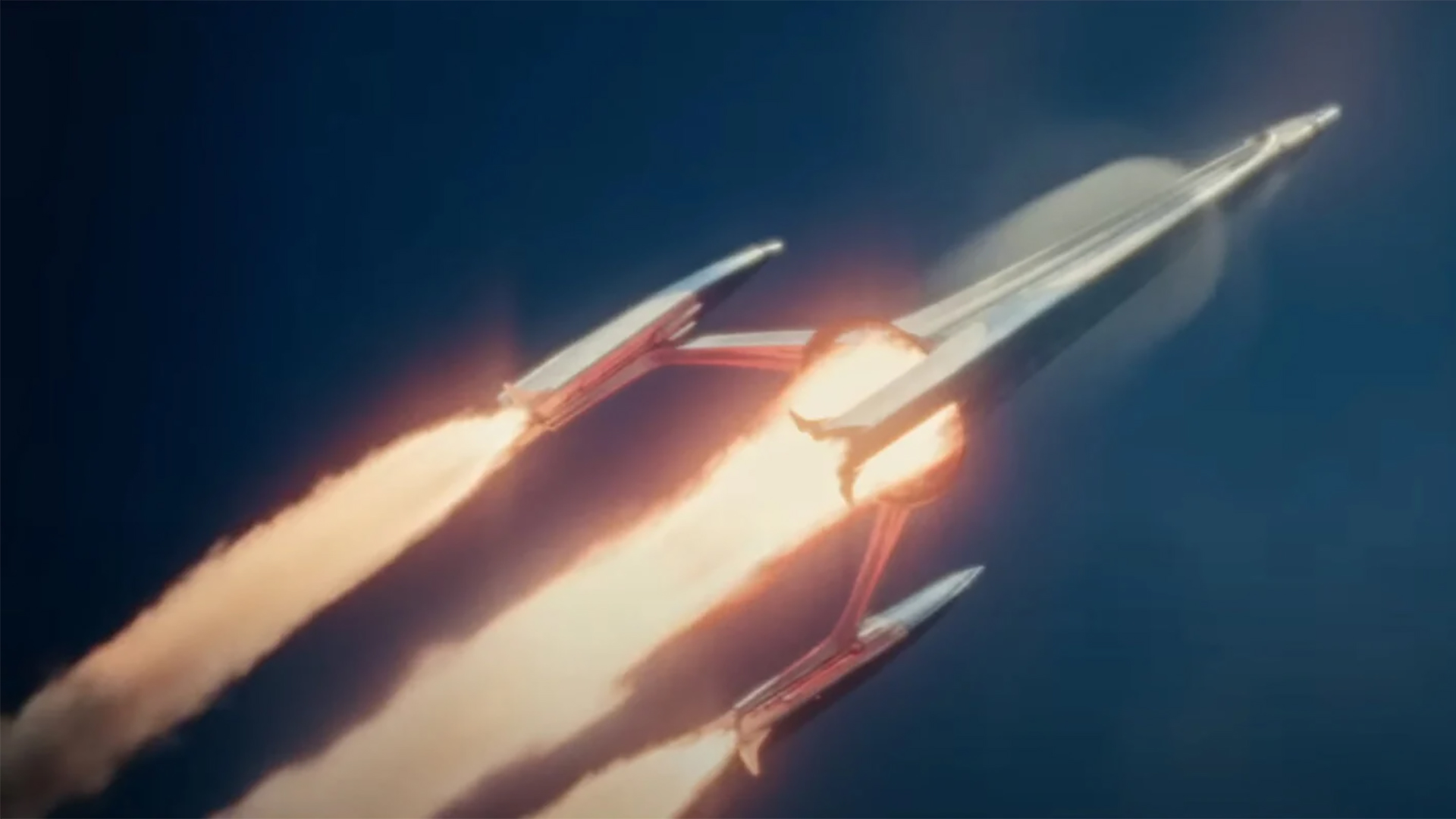
So what does this all mean for what's coming in Avengers: Doomsday? And how could Fantastic Four: The First Steps be the key to radically revamping the Marvel Cinematic Universe as we know it?
It all comes down to the film's ability to turn superheroes into superhumans - a distinction that has felt more and more distant in the MCU, with Thunderbolts* signaling an initial turn back toward character-driven epics that the Fantastic Four has all the room in the Multiverse to capitalize on
Yes, I said the dreaded M-word. The concept of the Multiverse has felt like a proverbial Sword of Damocles hanging over the MCU for years now, with more and more films digging into the idea in the lead up to Avengers: Doomsday. But what has become something of an anchor on Marvel's neck is actually the bread-and-butter of the Fantastic Four, with the film itself existing in a world separate from the mainstream MCU.
Where other Marvel films may feel saddled with having to account for excursions into other realms that clash with the actual core of the stories being told, Fantastic Four: The First Steps has instead a wide-open palette to show what's possible in superhero films that allow their creators to go anywhere, do anything, invite anyone along without worry as to how the myriad cogs of the MCU at large are turning while still existing squarely in reach of each other.
That's the exact spirit of the World's Greatest Comic Magazine, the comic that kicked off the Marvel Universe and offered up the building blocks of everything that has come after, including the concept of the MCU itself - an interconnected world of captivating heroes and villains whose personalities and stories would form the true core of the entire endeavor.
And now, with the world of the Fantastic Four presumably coming to an end just as it begins in First Steps, the arrival of the team in the MCU will be its own pioneering leap, with heroes from a whole new reality coming into the fold rather than making the jump from a known place, like the Fox X-Men.
Their arrival will also signal the first step toward the presumed end and rebirth of the Multiverse in Avengers: Doomsday and Avengers: Secret Wars, which draw on classic comic stories that remade aspects of Marvel Comics continuity. And with the close of the Multiverse Saga, I'm sincerely hoping that the Fantastic Four will be the vanguard of what comes next, with a renewed focus on characters, and creators with a unique vision being allowed to build an entire, captivating world around their story.
The Fantastic Four: First Steps hits theaters on July 25. For more, check out our guides to upcoming Marvel movies and shows and how to watch the Marvel movies in order. And while you're at it, check out the best Fantastic Four comics to read before the movie.
I've been Newsarama's resident Marvel Comics expert and general comic book historian since 2011. I've also been the on-site reporter at most major comic conventions such as Comic-Con International: San Diego, New York Comic Con, and C2E2. Outside of comic journalism, I am the artist of many weird pictures, and the guitarist of many heavy riffs. (They/Them)
You must confirm your public display name before commenting
Please logout and then login again, you will then be prompted to enter your display name.
